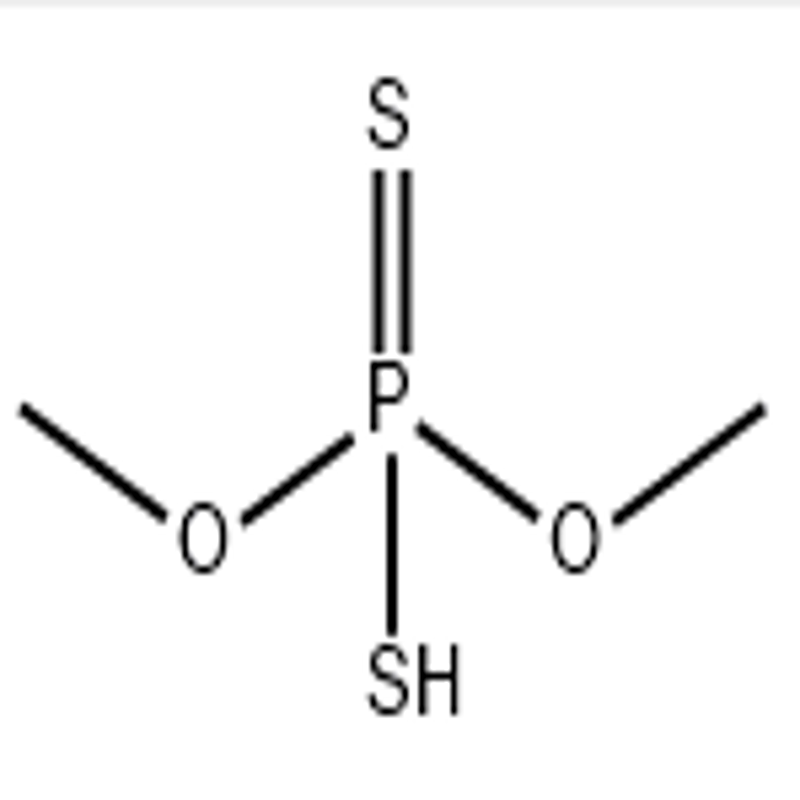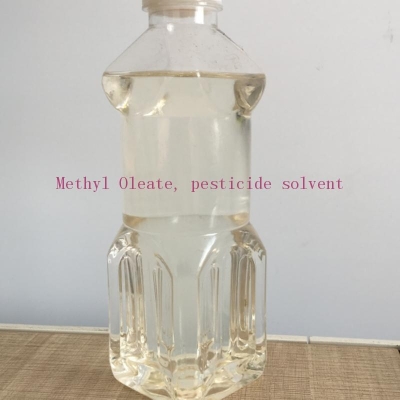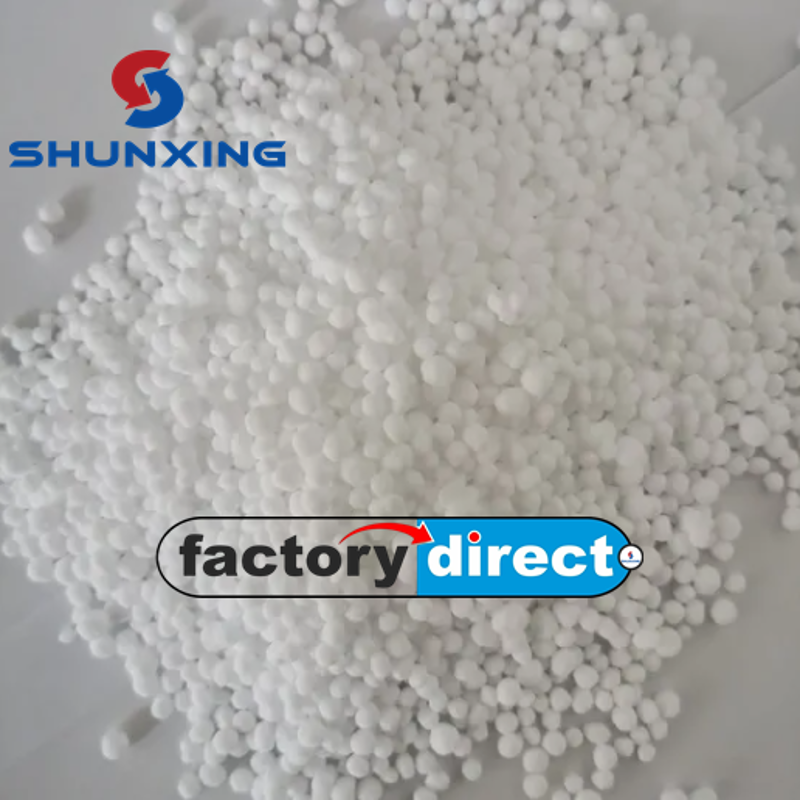-
Categories
-
Pharmaceutical Intermediates
-
Active Pharmaceutical Ingredients
-
Food Additives
- Industrial Coatings
- Agrochemicals
- Dyes and Pigments
- Surfactant
- Flavors and Fragrances
- Chemical Reagents
- Catalyst and Auxiliary
- Natural Products
- Inorganic Chemistry
-
Organic Chemistry
-
Biochemical Engineering
- Analytical Chemistry
-
Cosmetic Ingredient
- Water Treatment Chemical
-
Pharmaceutical Intermediates
Promotion
ECHEMI Mall
Wholesale
Weekly Price
Exhibition
News
-
Trade Service
Many farmers use water at will before applying pesticides.
Regardless of groundwater, tap water, well water or river water, they use whatever water they encounter when they encounter water.
In fact, this is the wrong way to mix medicines! The best water for diluting pesticides and the best effect for spraying pesticides is soft water.
If hard water is used, the efficacy will be greatly reduced.
For example, calcium and magnesium ions in hard water will reduce the suspension rate of wettable agents and will emulsify with emulsifiable concentrates.
The substance reacts to form calcium and magnesium precipitates, which destroy the emulsifying properties of the emulsifiable concentrate, which not only easily causes phytotoxicity to crops, but also easily blocks the spray nozzle of the sprayer
.
Many people may ask, how do I know hard water and soft water? I don't know how to distinguish between hard water and soft water, and no one tells me! Don't worry, it doesn't matter if you didn't know about these issues before, it's not too late to know now
.
Now I will tell you: What is soft water? What is hard water? Which water is soft water? Which water is hard water? How to distinguish soft water from hard water simply and effectively? How to turn hard water into soft water? 1.
How to distinguish which is soft water and which is hard water? The standard to distinguish between soft water and hard water is the hardness of water, that is, the content of calcium oxide per 100,000 parts of water.
For example, if 100,000 parts of water contains 1 part of calcium oxide, then whose hardness is 1
.
The hardness of soft water is generally around 7.
5 degrees, and the hardness of hard water is generally around 18-20 degrees
.
The so-called hard water refers to water that contains more calcium and magnesium ions.
The more common ones are groundwater, tap water, sea water, well water, salt water, etc.
; the so-called soft water refers to water that does not contain or contains less calcium and magnesium ions.
Water, rainwater, snow water, stream water, spring water, river water, lake water, etc.
are more common.
Due to the different natural environment, the water quality between the north and the south of China is also quite different.
From the general position of the north and south, there is more soft water in the south, and in the north.
A lot of hard water
.
2.
Two simple test methods for soft and hard water 1.
Check the scale after boiling the water: boil the water in a beaker.
The hard water is the more scale left on the wall.
The more scale, the more impurities precipitated.
The greater the hardness
.
On the contrary, it is soft water; 2.
Hot water plus soap depends on the amount of foam: add soapy water to the hot water in the cup, and then gently stir.
The more foam and scum on the water surface, the greater the hardness of the water.
On the contrary, it is soft water
.
3.
How to simply turn hard water into soft water? For ordinary people, the simplest and most effective way to soften hard water is to boil the water directly to achieve the softening effect of water quality
.
There is also a relatively simple method, which is to use lime and soda ash for precipitation filtration, which can also obtain soft water
.
No matter how complicated it is, there will be a certain degree of professionalism.
Ordinary people generally can't do it.
For example, use ion exchange in experiments to change hard water into soft water
.
For our farmers, you can directly use clean rainwater, river water, stream water, etc.
for pesticides, but try not to use groundwater, tap water, well water, etc.
to affect the effectiveness of the pesticide
.
(Source: Agricultural Technology Small Back Basket)
Regardless of groundwater, tap water, well water or river water, they use whatever water they encounter when they encounter water.
In fact, this is the wrong way to mix medicines! The best water for diluting pesticides and the best effect for spraying pesticides is soft water.
If hard water is used, the efficacy will be greatly reduced.
For example, calcium and magnesium ions in hard water will reduce the suspension rate of wettable agents and will emulsify with emulsifiable concentrates.
The substance reacts to form calcium and magnesium precipitates, which destroy the emulsifying properties of the emulsifiable concentrate, which not only easily causes phytotoxicity to crops, but also easily blocks the spray nozzle of the sprayer
.
Many people may ask, how do I know hard water and soft water? I don't know how to distinguish between hard water and soft water, and no one tells me! Don't worry, it doesn't matter if you didn't know about these issues before, it's not too late to know now
.
Now I will tell you: What is soft water? What is hard water? Which water is soft water? Which water is hard water? How to distinguish soft water from hard water simply and effectively? How to turn hard water into soft water? 1.
How to distinguish which is soft water and which is hard water? The standard to distinguish between soft water and hard water is the hardness of water, that is, the content of calcium oxide per 100,000 parts of water.
For example, if 100,000 parts of water contains 1 part of calcium oxide, then whose hardness is 1
.
The hardness of soft water is generally around 7.
5 degrees, and the hardness of hard water is generally around 18-20 degrees
.
The so-called hard water refers to water that contains more calcium and magnesium ions.
The more common ones are groundwater, tap water, sea water, well water, salt water, etc.
; the so-called soft water refers to water that does not contain or contains less calcium and magnesium ions.
Water, rainwater, snow water, stream water, spring water, river water, lake water, etc.
are more common.
Due to the different natural environment, the water quality between the north and the south of China is also quite different.
From the general position of the north and south, there is more soft water in the south, and in the north.
A lot of hard water
.
2.
Two simple test methods for soft and hard water 1.
Check the scale after boiling the water: boil the water in a beaker.
The hard water is the more scale left on the wall.
The more scale, the more impurities precipitated.
The greater the hardness
.
On the contrary, it is soft water; 2.
Hot water plus soap depends on the amount of foam: add soapy water to the hot water in the cup, and then gently stir.
The more foam and scum on the water surface, the greater the hardness of the water.
On the contrary, it is soft water
.
3.
How to simply turn hard water into soft water? For ordinary people, the simplest and most effective way to soften hard water is to boil the water directly to achieve the softening effect of water quality
.
There is also a relatively simple method, which is to use lime and soda ash for precipitation filtration, which can also obtain soft water
.
No matter how complicated it is, there will be a certain degree of professionalism.
Ordinary people generally can't do it.
For example, use ion exchange in experiments to change hard water into soft water
.
For our farmers, you can directly use clean rainwater, river water, stream water, etc.
for pesticides, but try not to use groundwater, tap water, well water, etc.
to affect the effectiveness of the pesticide
.
(Source: Agricultural Technology Small Back Basket)







